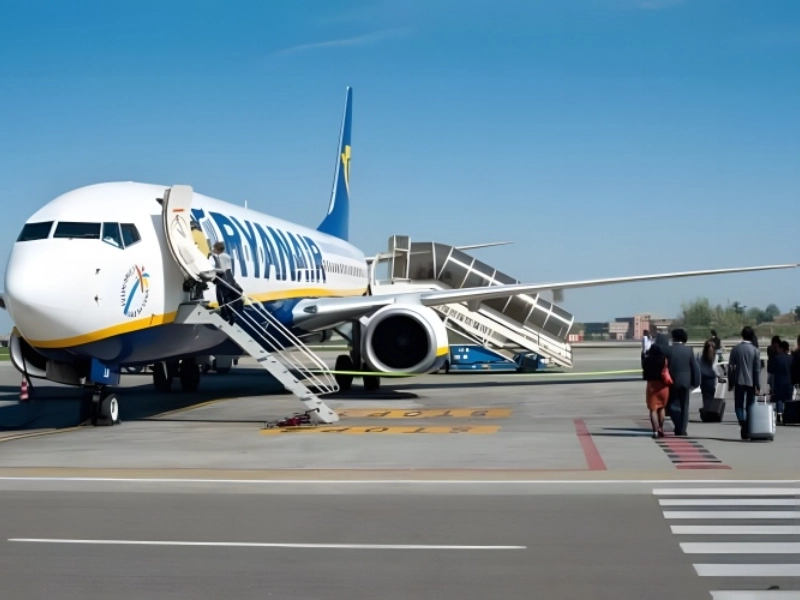
Budget airlines frequently feature newer, more fuel-efficient aircraft, which helps to control operating expenses. These newer planes are equipped with advanced safety features and technologies. In fact, some budget carriers have some of the youngest fleets in the industry.
Regardless of their pricing strategies, all commercial airlines must adhere to the same stringent safety regulations set by aviation authorities such as the Federal Aviation Administration (FAA) in the United States or the European Union Aviation Safety Agency (EASA) in Europe. These regulations cover everything from pilot training and maintenance practices to emergency procedures.
So, while flying with a budget airline might mean sacrificing some luxuries or conveniences, you can be confident that safety is not one of the areas where compromises are made. Feel free to book a budget flight without worrying about your safety; the price difference reflects variations in service and amenities, not in the fundamental safety of the aircraft or the competence of the crew.